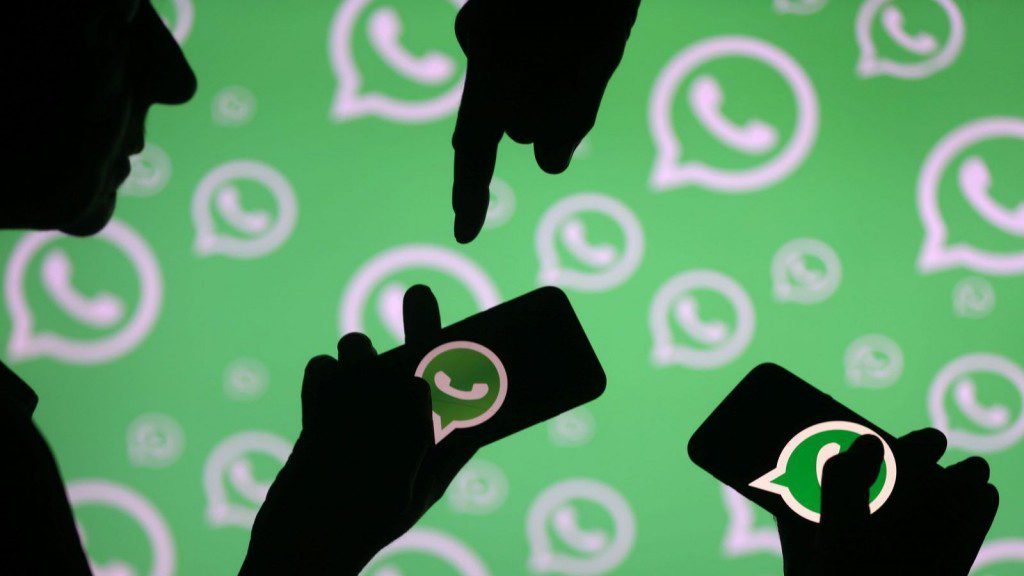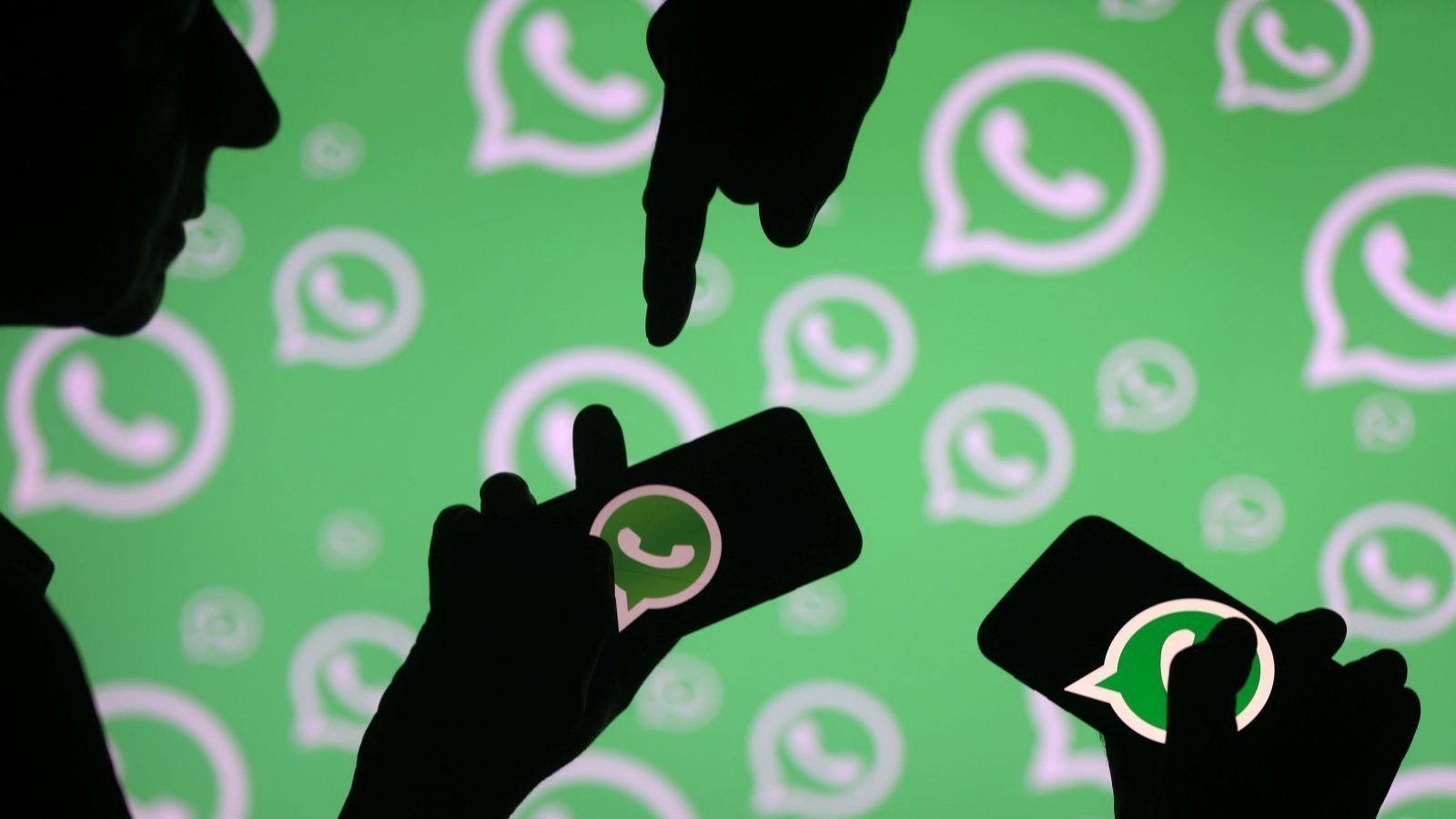Online updates about major corporations offering people large sums of money are generally fake news. But this one is real, and is actively designed to prevent fake news.
WhatsApp has announced that it is offering $50,000 (nearly Rs. 35 lakh) to researchers to study how fake news transmits through WhatsApp and other social networks. “WhatsApp is commissioning a competitive set of awards to researchers interested in exploring issues that are related to misinformation on WhatsApp,” says a post on its site. “We welcome proposals from any social science or related discipline that foster insights into the impact of technology on contemporary society in this problem space. The WhatsApp Research Awards will provide funding for independent research proposals that are designed to be shared with WhatsApp, Facebook, and wider scholarly and policy communities,” it adds.

And WhatsApp has actively said that it’ll prefer candidates from countries where WhatsApp is popular, and even specifically mentions India, Brazil, Indonesia, Mexico. But the bar for entry is pretty high — researchers will need to hold a PhD to be included in the program, though WhatsApp will make exceptions for candidates who don’t hold a PhD but have shown a high degree of achievement in research in social science or technological research. Researchers will also need to be affiliated with a university, and will have to attend two all-expense-paid conferences at Menlo Park before and after the research project.
Researchers under the program will study issues like the information processing of problematic content, how WhatsApp influences elections, network effects and virality, digital literacy and misinformation, and the detection of problematic behavior within encrypted systems. Researchers, though, won’t have access to any WhatsApp data to conduct their research, but will own the rights over any data they generate during the course of their studies.
WhatsApp’s move to institute these awards seems to be a response to the growing backlash the company is facing over the transmission of fake news on its platform. It’s been alleged that fake news spread through WhatsApp has led to several lynchings in India over the last few months, and the Indian government had stepped in sent WhatsApp a notice. WhatsApp had responded with the steps it had been taking to combat fake news, but had added that it alone couldn’t fight the spread of fake news, and said that it was a challenge required government, civil society and technology companies to work together.
WhatsApp’s awards seem to be a step in this direction — by getting inputs from academic researchers, WhatsApp will likely get more perspective on how fake news spreads, and glean insights into how best to combat it. It’s also good PR — instituting a lucrative rewards program, WhatsApp sends across the message that it’s serious about fighting fake news. But ultimately, it’s a good opportunity for Indian researchers in the field to dig their teeth into a real-world problem that’s been having real world consequences — and an association with WhatsApp won’t look too shabby on the resume either.
